Hello Spanish for Community blog!

My name is Grace.
I just finished my first year at UBC, planning to major in linguistics and minor in Romance Studies.

My name is Anshul. I just finished my second year at UBC, planning to major in Cognitive Systems and minor in Linguistics.
We have taught two weeks of virtual English classes with Ratón de Biblioteca so far this summer. The classes are Saturday mornings from 8 to 10 am (Vancouver time, anyway). In the first hour, we connect with students at the Villa Guadalupe library, and in the second hour, we teach the same lesson to the students at the Esperanza library.
All of the students we’ve had so far are so engaged and eager to learn. Some are quieter, and some are very outgoing, but all of them participate, using their cameras, microphones, or the chat. Especially in an online class, interacting with such enthusiastic students has been incredibly fun. They are also very curious and ask amazing questions! This helps fill in the gaps in our lesson plans and plan better for future lessons. They teach us just as much as we teach them!
We did face some challenges, one of the most significant ones being the wide age group of the students in these sessions. While we want to make sessions interactive and engaging, we also want to ensure that the activities aren’t too uninteresting for the teenagers or too challenging for the younger students. The virtual nature of the sessions also limits how we can keep the students engaged.
Our theme for these four weeks of virtual lessons is health. In the first week, we focused on food vocabulary; in the second week, parts of the body. In the third and fourth weeks, we plan to learn how to talk about activities, exercise and hobbies. We’ve learned that the best activities aren’t just about learning vocabulary but finding ways to practice it in fun, interactive ways, through videos, songs, games, and art.
Working with Ratón de Biblioteca has been an amazing experience. It’s exciting to have the opportunity to connect with students from a different part of the world, who we would never have been able to meet otherwise. We’re grateful to be able to use the Spanish that we’ve learned in the classroom in real-life situations to hopefully help other students love learning languages as much as we do! This experience has also helped us improve our own Spanish skills outside the classroom by applying them in a semi-academic environment.
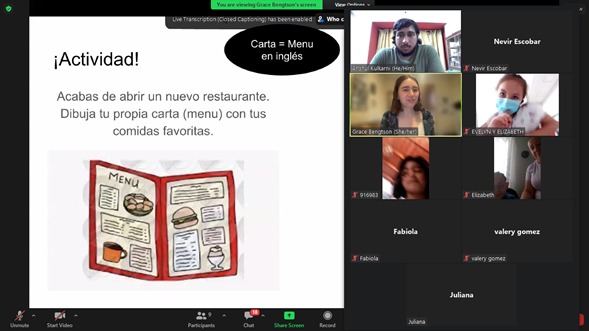
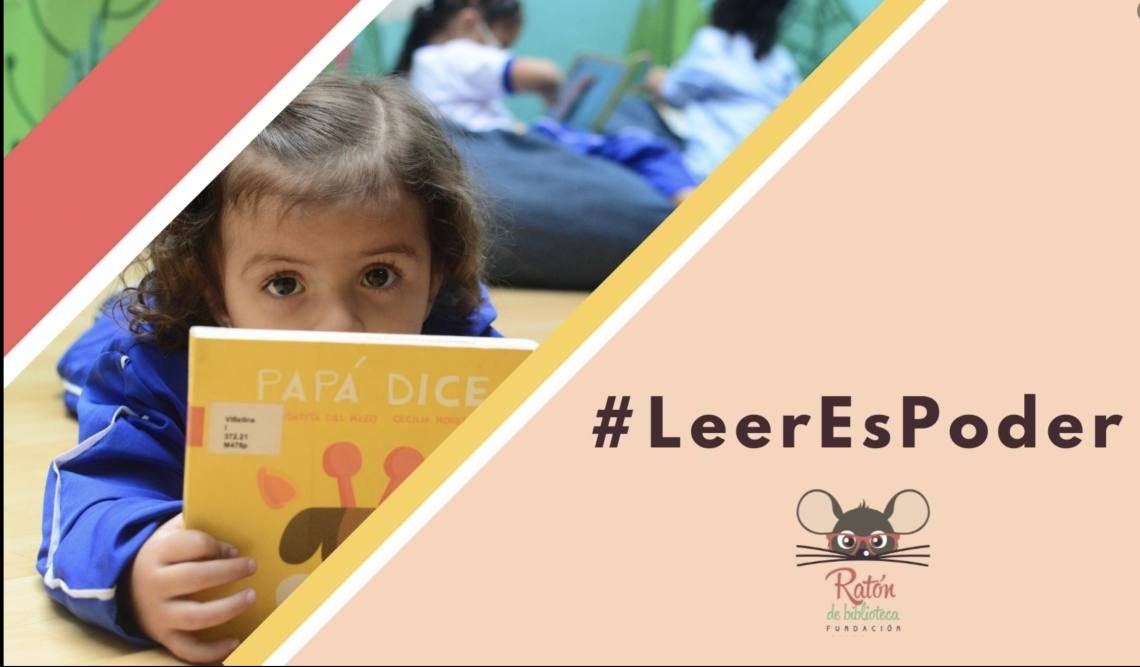

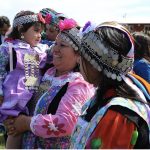
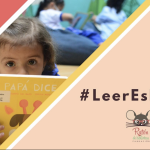
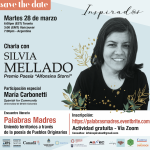
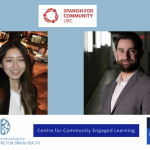
Comments by Maria Carbonetti